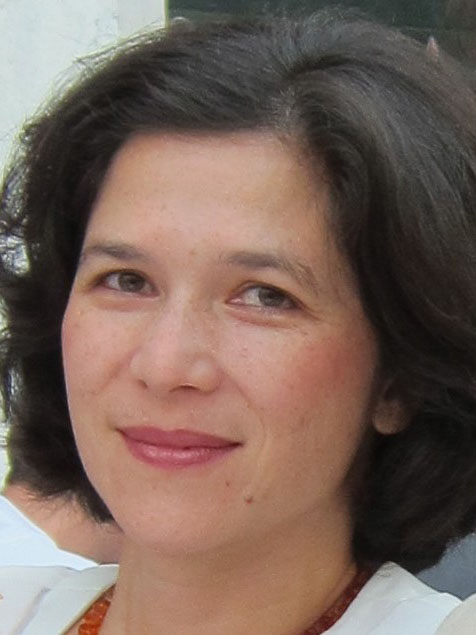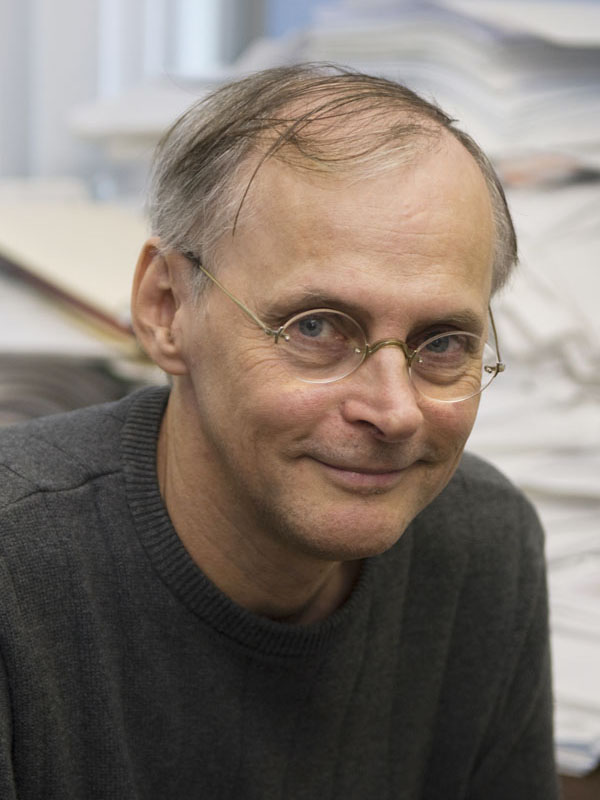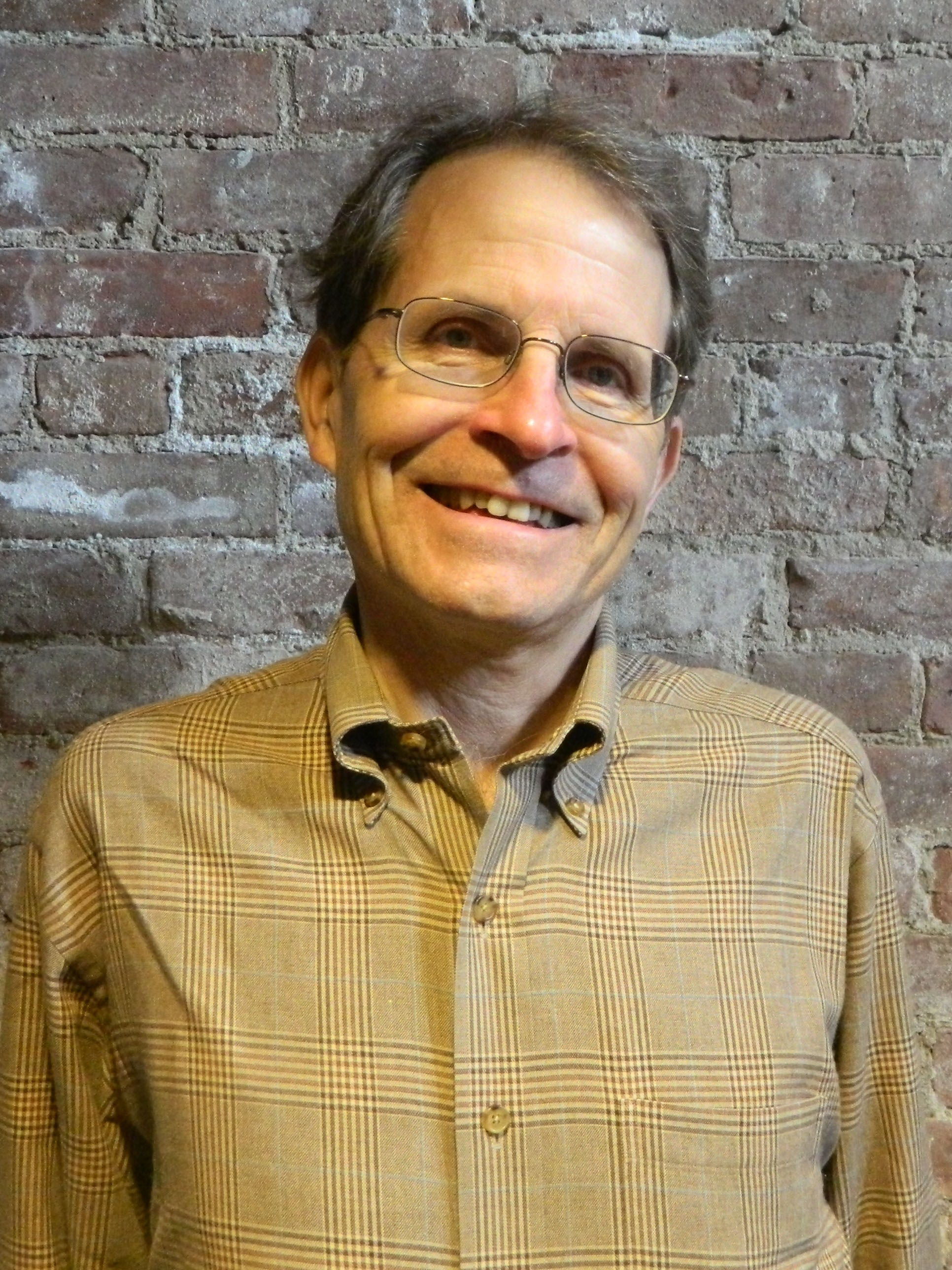Diversité des langues, diversité des regards
Diversity of languages, diversity of outlooks
You are cordially invited to a conference hosted by Cairn.info on Wednesday, March 25th 2015, on the topic of languages in academic publishing in the humanities and social sciences.
The event will take place in the Fields Sunken Ballroom of the Portland Art Museum from 10am to 1pm. A lunch and a visit of the museum will follow.
There are seats left - please register for the event at licences@cairn.info

The advent of English as the lingua franca of the academic world has posed a serious challenge to francophone actors (researchers, authors, publishers and aggregators) who are struggling to find a way to spread their work and reach audiences beyond the French-speaking world.
In fields such as social sciences and humanities where ideas and concepts are inherently tied to the language in which they are described, academic research and publishing has a strong connection to the linguistic area – both as a community united by a language and a geographical zone.
If language and ideas are indeed linked, how can francophone publishers reach audiences beyond the French-speaking world?
If languages create increasingly strong barriers between academic areas, students and researchers run the risk of becoming isolated and alienated from their wider community. What can we do to prevent this and ensure that academics from different linguistic areas build long-lasting bridges that overcome the language and cultural barriers?
Three speakers – chosen for their involvement in the broader field of multilingualism in academia – will consider the historical, epistemological, technological and economic aspects of these questions, pleading for a linguistically and culturally diverse academia in the digital age.
Emilienne Baneth-Nouailhetas: Translation or multilingualism? The challenges of the global knowledge society.
This presentation will outline the problems that arise from neglecting translation and scientific production in languages other than English, not to mention those beyond the spectrum of official United Nations languages. We are all aware that consistent and widespread translation is a challenge on multiple levels, not least of which is the financial. But even if the “utopia” of universal translation were reachable, is it a reliable mode of sharing and preserving knowledge?
Using a few main languages – not to mention only one – as hubs for knowledge redistribution confronts us with the very real risks of gradually losing the diversity of thought and references that constitutes mankind’s greatest strength. Beyond the idea that much is in fact untranslatable, should the global community of scholars worry about the hegemony of certain structures of knowledge?
But what is the solution then? Is there a way out of the conundrum: either translation, or oblivion?
 Dr. Emilienne Baneth-Nouailhetas is a Professor in the Humanities at Université de Rennes, France, where she was Vice-President for International Relations from 2005 to 2007. She is currently the Attaché for Higher education and Academic Affairs at the Embassy of France in the United States.
Dr. Emilienne Baneth-Nouailhetas is a Professor in the Humanities at Université de Rennes, France, where she was Vice-President for International Relations from 2005 to 2007. She is currently the Attaché for Higher education and Academic Affairs at the Embassy of France in the United States.
An alumna of the Ecole Normale Supérieure, Emilienne Baneth has held positions as Director of a French-American international research center in the Humanities and Social sciences at New York University (2008 to 2011) and as Deputy director of the Institute for the Humanities and Social sciences, CNRS (Centre National de la Recherche Scientifique, France) in 2007-2008. She has published in Langue française (2010, volume 167), “Anglophonie-Francophonie: un rapport postcolonial?” ; in Public Culture (2011, volume 23), « Postcolonizing France » and lately, co-directed with Dr. Claire Joubert: Le Postcolonial comparé: anglophonie, francophonie (2014: Presses universitaires de Vincennes).
Yves Gingras: Changing practices in francophone publishing in social sciences and humanities – a historical and practical approach.
Specialized in the history of science, Yves Gingras will provide an insight into the history of scientific inquiry and publishing, highlighting how the differences in scientific method between the so-called hard sciences and soft (i.e. social) sciences came to be.
Using the modern publishing industry in social sciences as an example, Yves Gingras will discuss what publishers in one linguistic area can do to reach audiences in other areas (more specifically, francophone publishers in North America) before concluding with a few prospective remarks.
 Yves Gingras is a researcher, author, radio commentator and professor of history and sociology at the Université du Québec à Montréal. He co-founded the Observatoire des sciences et des technologies, an organization dedicated to the study of science, technology and innovation in 1997.
Yves Gingras is a researcher, author, radio commentator and professor of history and sociology at the Université du Québec à Montréal. He co-founded the Observatoire des sciences et des technologies, an organization dedicated to the study of science, technology and innovation in 1997.
Since 2004 he holds the Canada Research Chair in history and sociology of science. He is the recipient of many awards recognizing his outstanding work, including the prix Jacques-Rousseau – a prize awarded every year to acknowledge “exceptional scientific achievements that go beyond a person or a team’s area of specialization and contribute to build innovative bridges across scientific disciplines” in 2007.
Herrick Chapman: What are French Studies about today?
As a historian teaching in a unique Institute of French Studies (oriented towards social sciences and history) at a university with a strong tradition of teaching French and French Studies, Herrick Chapman has been able to observe the development of French Studies across several disciplines.
His presentation will start with a bit of historical perspective on the subject from the beginning of the so-called “civilization studies” in the 1920’s to today’s globalized world, to move on to discussing the pressures that have impinged on, and even threatened, French Studies in recent years. There are, however, grounds for optimism as French Studies are moved by a continuing creativity and vitality manifested by publishers, scholars and teachers, at New York University and elsewhere.
What can these actors do to keep this vitality going?
 Herrick Chapman is a professor of history and French studies at New York University. He is the author or editor of several books in French and European history. His research focuses principally on the role of the state in social and economic life, the impact of war, and the politics of ethnic and racial difference in twentieth-century France. Since 1999 he has served as the editor of French Politics, Culture & Society, a multidisciplinary journal on France and the francophone world, past and present.
Herrick Chapman is a professor of history and French studies at New York University. He is the author or editor of several books in French and European history. His research focuses principally on the role of the state in social and economic life, the impact of war, and the politics of ethnic and racial difference in twentieth-century France. Since 1999 he has served as the editor of French Politics, Culture & Society, a multidisciplinary journal on France and the francophone world, past and present.
Limited seating - please register for the event at licences@cairn.info
Founded in 2005 by four francophone publishers (La Découverte, Eres, Belin and De Boeck), Cairn.info (www.cairn.info) offers the most comprehensive online collection of French-language publications (journals, books, magazines and pocket encyclopedias) covering many subjects within the fields of social sciences and humanities including history, linguistics, literature, philosophy, sociology, political science, geography and many others. It enables students and researchers to gain a clear insight into past and current discussions within francophone academia.
In addition to Cairn.info, Cairn International Edition (www.cairn-int.info) is an English-language interface, accessible to Cairn.info subscribers at no extra cost and featuring over 50000 abstracts and 3000 full-text articles translated from French to English. This content comes from around 200 of Cairn.info’s most important and well-known journals, allowing any user to get an understanding of francophone academia without speaking a word of French.


